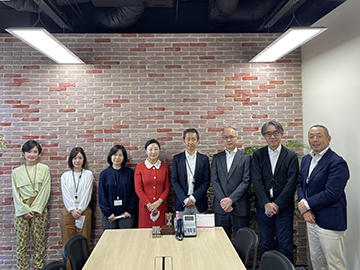

Firm News
Ms. Jiang Ling and Ms. Vivian Yang were kind enough to visit our office this week. They updated us on the upcoming revisions to the Trademark Law in China that are now under consideration. They also provided us with the recent specifics on how the similarity of word marks are being evaluated as well as rejections regarding marks that are considered to be potentially misleading with respect to the quality/content of the goods. We had some questions about how the TMO in China makes and handles similarity judgements with respect to both the titles of books and publications and also device marks (depictions and of characters, likenesses etc.), to which Ms. Ling and Ms. Yang provided concise and informative answers.
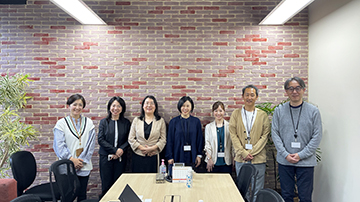
Mr. Jeong Ho Shin and Mr. Chang Oh Ryu from the firm of Kim & Chang (Korea) visited our office. We discussed the Korean Trademark Office’s recent adoption of a partial refusal system, as well as their newly implemented re-examination policy and expedited examination procedure. Mr. Shin and Mr. Ryu also provided us with the details about what revisions to the IP law in Korea are currently being considered. Another topic they informed us about was how goods and services related to the “metaverse” should be described, and how similarity of these types of goods are evaluated, which was both enlightening and quite interesting.
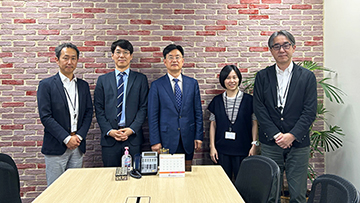
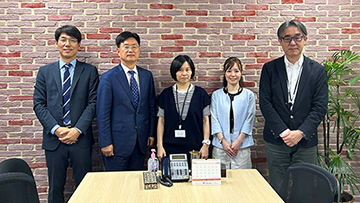
Today we had the pleasure of hosting Mr. Martin Chajchir and Mr. Juan M. Lopez Manan, partners at the Argentinian firm MARVAL O’FARREL MAIRAL. They explained the details of the recent changes to the Trademark Law and new procedures of the Trademark Office in Argentina, including the changes with Opposition proceedings, Non-use Cancellations and the soon-to-be adopted Partial Non-Use Cancellation system.
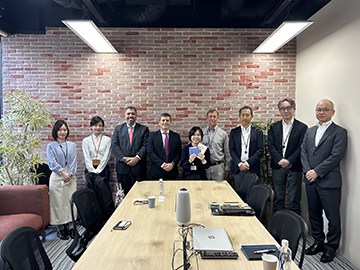
We were pleased to have a visit from Ms. Jan Liu, Ms. Tia Liv, and Ms. Kaho Santo of the Lexfield Law Offices (China). They described for us the recent downtrend in the number of applications and registrations in China, along with some of the factors behind it. We also discussed the changes in examination practices in China, as well as the newest steps being taken against counterfeit goods. They also provided us with some useful information tailored to help Japanese companies solve some of the problems they may face when obtaining and enforcing their trademark rights.
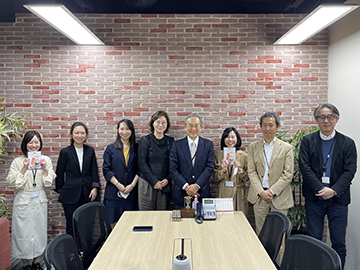
Ms. Ryang-eun KIM visited our office and shared with us updates on of Yaejune Patent and Trademark Law Firm, as well as explaining the newly adopted partial-refusal system in Korea, as well as the request for re-examination practice. She also shared with us the details of similarity judgement factors with respect to combination trademarks.
